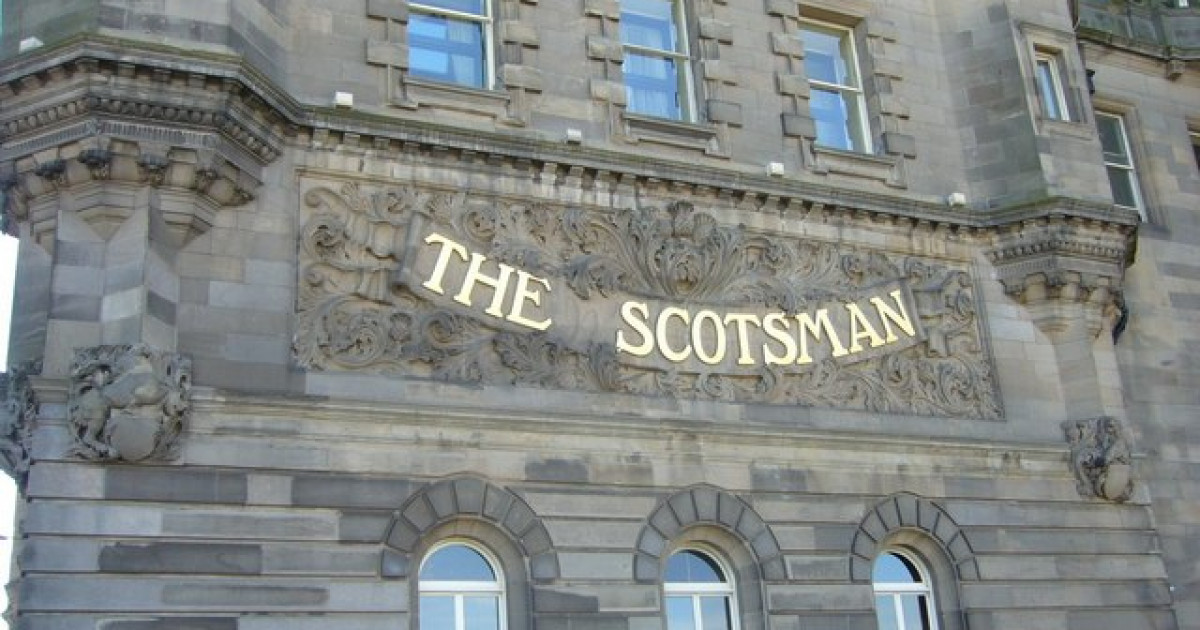The Scotsman and Press Freedom

It is easy to take for granted the freedoms associated with living in a democracy governed by the rule of law. In the UK we have long traditions of free speech and a free press. With the growth of social media platforms, unprecedented numbers of people have the ability to tell the world their stories.
But whilst social media is facilitating the spread of ideas and news, too many regimes around the world continue to frustrate and impede the work of journalists and others who are seeking to hold to account the rich and powerful. According to Reporters Without Borders, 66 journalists were killed worldwide in 2018 and 174 were imprisoned.
On Friday I attended the Scottish press Freedom Summit organised by Scottish PEN, the NUJ, Saltire Society and University of Edinburgh. We heard from Egyptian and Venezuelan journalists living in exile in Scotland and from journalists, cartoonists and lawyers working in the UK on the challenges that face a free press.
At one extreme there are the killings, imprisonment and intimidation that take place in countries such as Russia, Saudi Arabia, and Egypt. Even in member states of the EU such as Malta, the murder of Daphne Caruana Galizia, the journalist who exposed the darker side of Maltese politics, remains unsolved and her family continues to fight for the truth about her fate and who was responsible.
More perniciously, we heard reports of the subtle ways in which the freedom of the press is eroded through the chilling effect of threats of defamation, the self-censorship that accompanies the culture of fear when journalists are being killed or intimidated with impunity, surveillance and the inappropriate use of national security legislation.
More widely, there remain concerns in many countries about the ownership and control of the media. Despite the liberating effects of social media, a free society still relies on quality journalism to enable the citizen to understand what is being done in their name and to investigate matters of public interest.
As a politician, I expect the media to report, scrutinise and question the things I say and do. The same should be true of all who hold positions of power and influence. But too often this is not happening. The print media has shrunk across the UK and resources have been squeezed. The consequence is less attention paid to the stories that matter, lower standards of reporting and often the complete absence of any reporting at all on vital issues both local and national.
New models of media have emerged in recent years including the employee-owned West Highland Free Press and the online Ferret co-operative. These and others point the way ahead for resilient and effective journalism in Scotland but they are in a minority and face their own challenges.
One of the challenges to a free press identified at the Scottish Press Freedom Summit was the question of ownership and control. Across the UK, the ownership of newspapers has become more concentrated in the hands of rich and powerful individuals whilst local media titles have been disappearing.
The newspaper you are reading is being put up for sale with the deadline for preliminary bids last Monday. The Scotsman has, for over 200 years been a beacon of Scottish journalism with some of the best journalists in the UK working for it. I think its future matters and with crowd funding, community shares, community interest companies, co-operatives and mutual all providing key ingredients of a more democratic and accountable ownership, it is time to think differently about the future of this paper and put its future on a more stable and secure footing.
